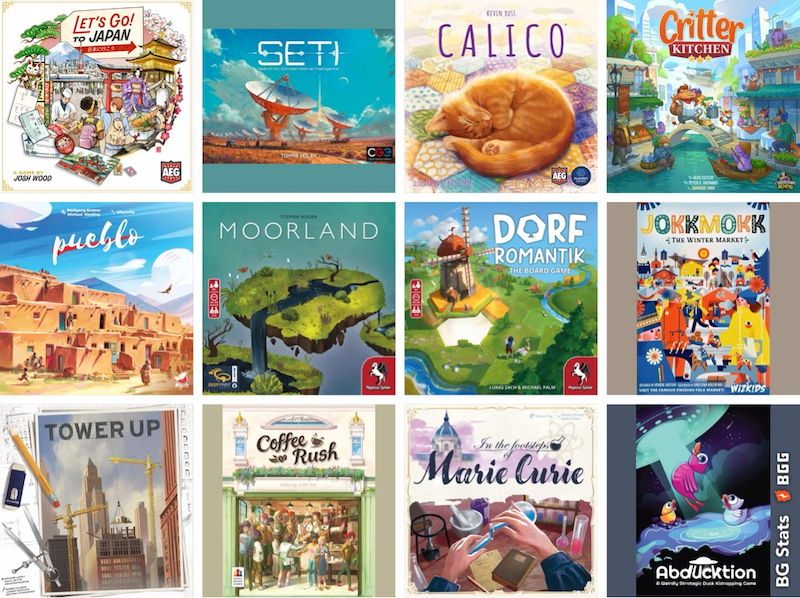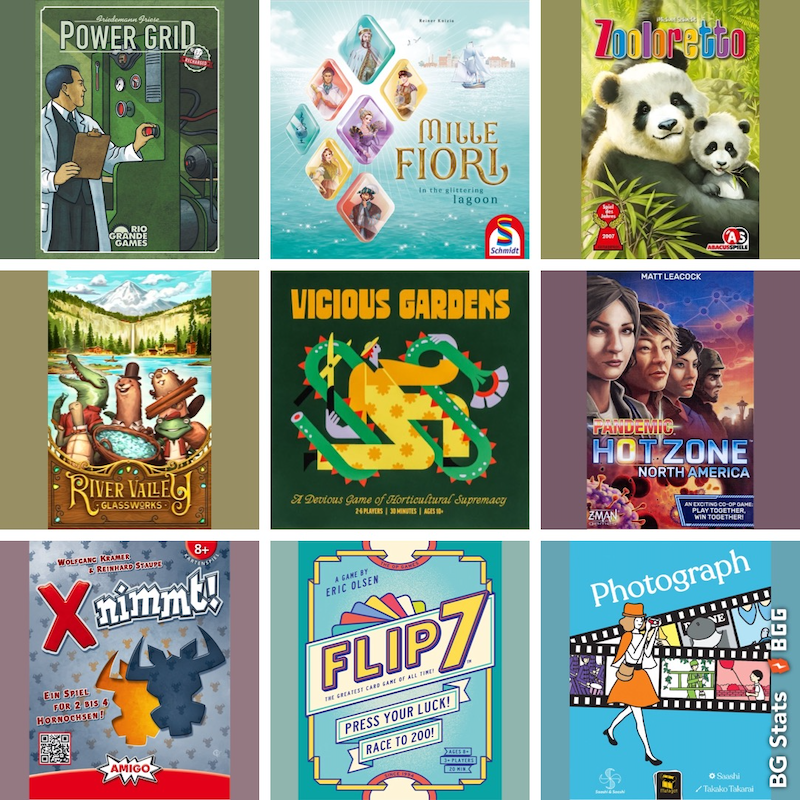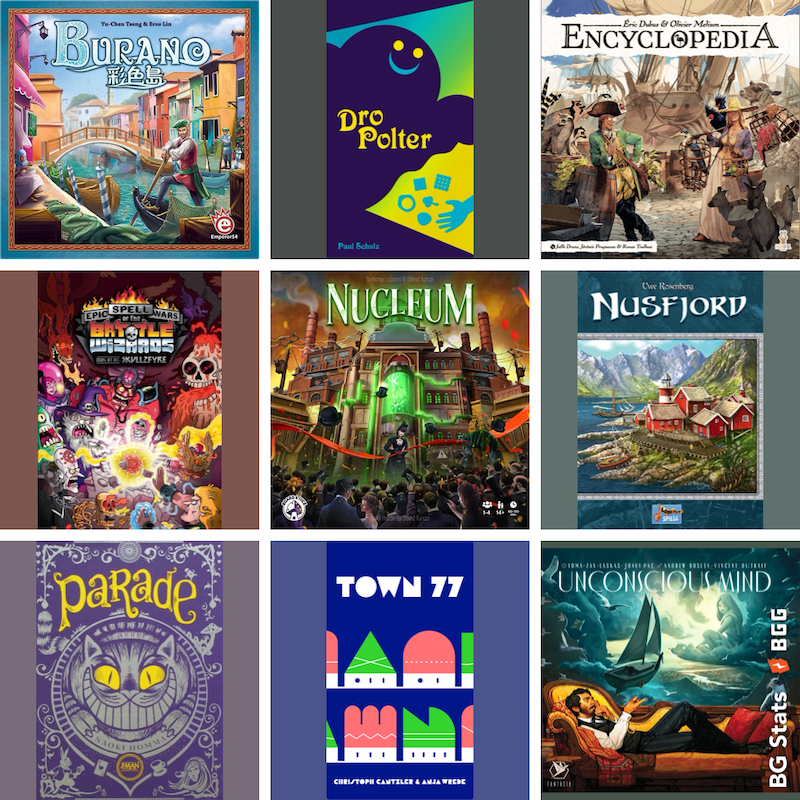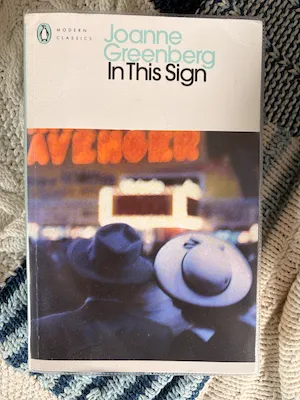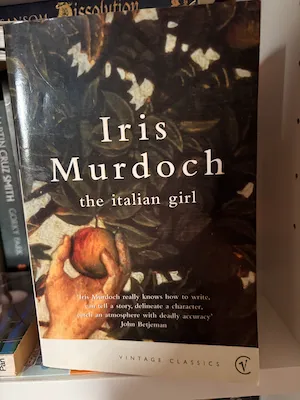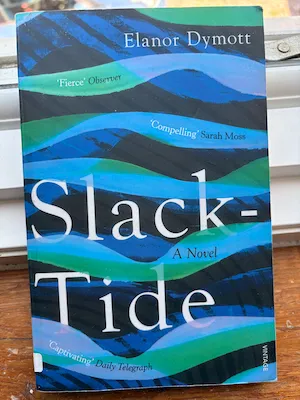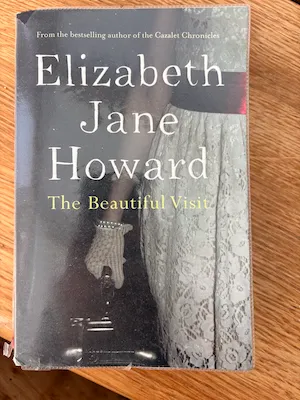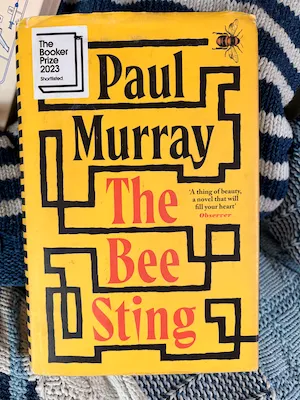The Bee Sting
by Paul Murray
Sunday, June 22, 2025
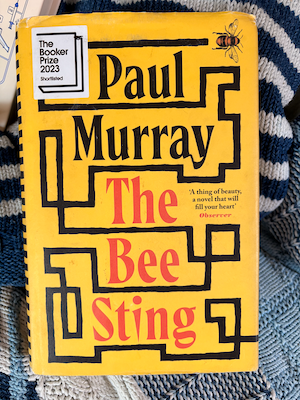
I don’t like to review things right after I finish reading them. It seems more authentic to wait a little while and let the book bed in in my memory. I think there’s a sweet spot for writing down thoughts for posterity, about books but probably about most anything else too. I’d be more efficient if I dashed my thoughts out as soon as a finished the book, but a little distance helps me be more objective about things and work out whether I really liked it, or hated it, or if I was just carried away on a wave of emotions which goes both ways. And now I’m totally talking about things other than books.
When I finished this book I was very much on the crest of the emotional wave. I was reading in the park and I couldn’t stop until I’d finished the book. And when it did end I was stuck, the book couldn’t have finished any other way, but I was still holding all the emotions for all the other ways that it could have finished. It was a bit traumatic. Now I realise looking back that this was the day before I was ill, and I was already under the weather, and that probably has a lot to do with how I felt at the end of the book. So distance and context matter.
The story is a family saga told by various members of the same family. At a month’s distance I could still tell you all kinds of details about the family in the book but I had to look up their names. The story starts with Cass, who is just about to finish school and head to university in, hopefully, Dublin. The book feels quite young adult like while you are in Cass’s head learning plenty about her and her best friend Elaine. When the viewpoint first changed I thought it was going to be annoying that the linguistic style of the book jumped, but in the end I liked the distinct differences between the characters. And that we got to see each character for a long time rather than constantly jumping. The narration is passed to her mother and younger brother and, eventually her father, and the book takes a lot of different turns. It’s not unreliable narration exactly, more that no one can see the whole picture when they are part of it.
The Barnes’ family have been a success, father Dickie runs the local car dealership, it’s somewhere in rural(ish) Ireland, and now things aren’t going so well for the family and each member is dealing with this differently. As the book goes on you find out more about the history of the family from all the different viewpoints and well, you find that distance and context matter a lot in how you view the events of the story. The book was shortlisted for the Booker Prize a couple of years ago; I’m never quite sure what to make of the Booker Prize listings, I find some fabulous books in there but also plenty that do nothing for me. I didn’t pick this up for that reason, my partner had acquired a charity shop copy but hadn’t yet read it himself so it was a pick off the bookshelves at home. It was definitely a good read but one that left me feeling pretty wrung out.
